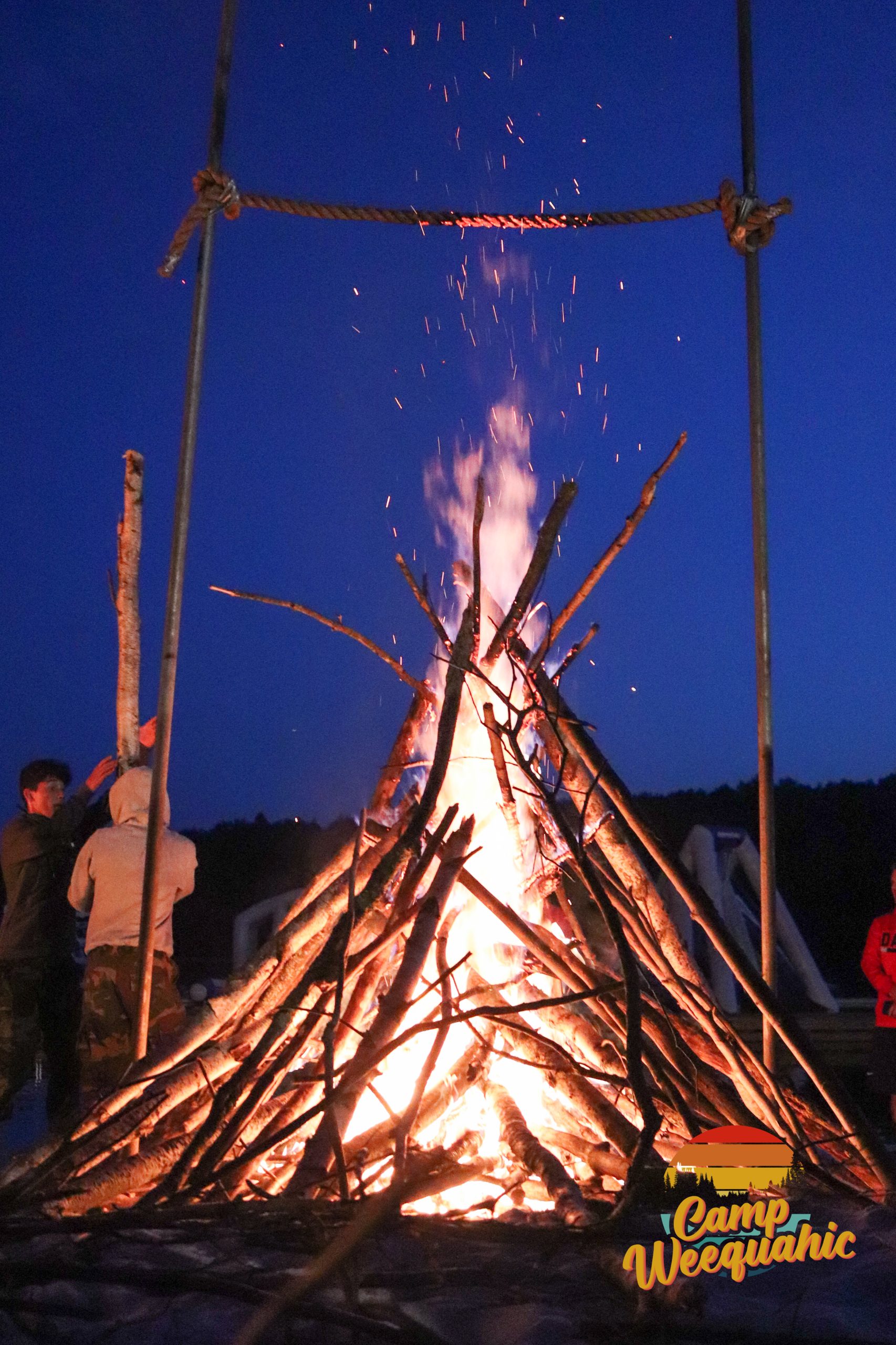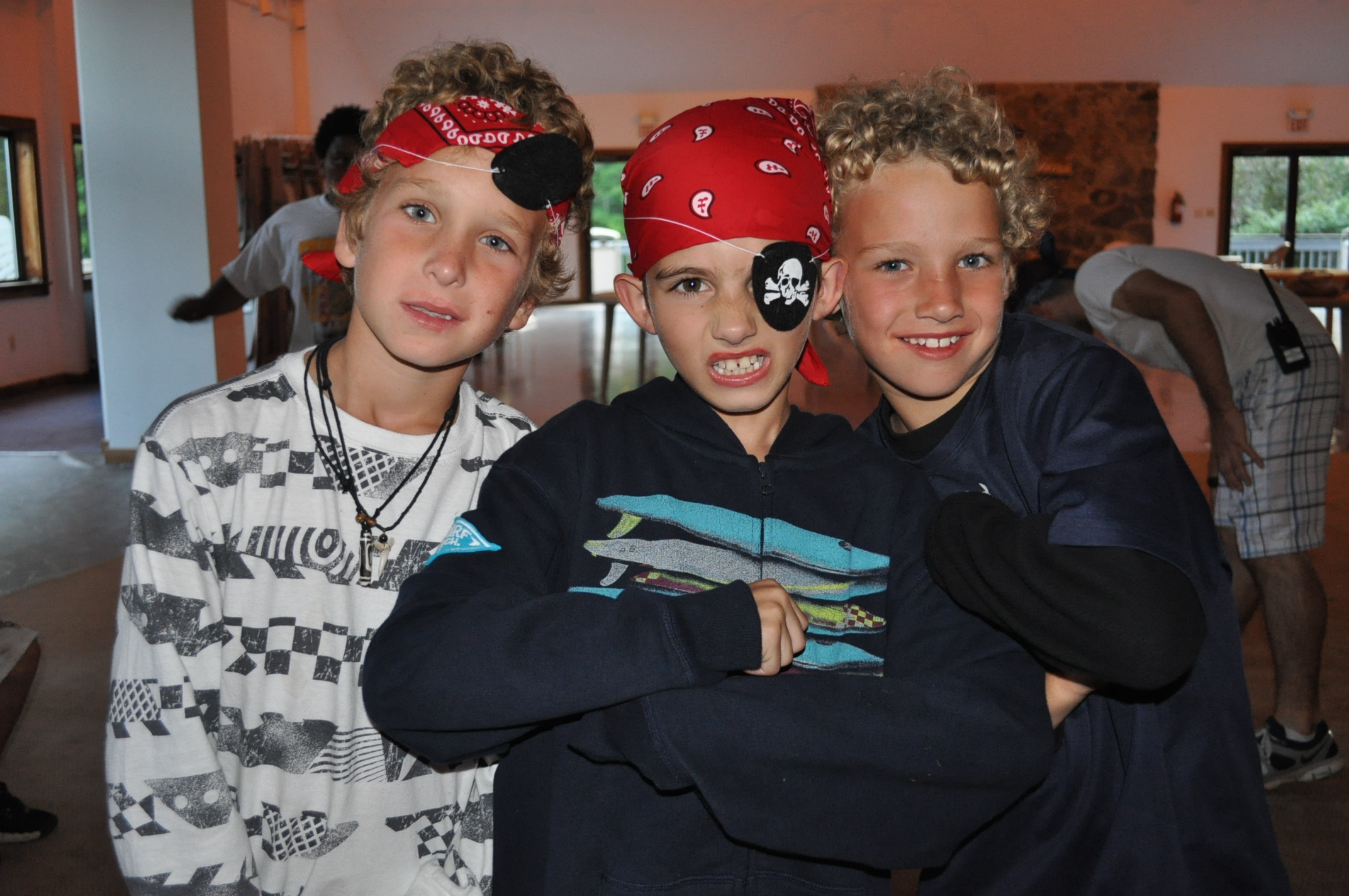It’s been a few weeks since we lost our dog Mac. The outpouring of support has been heartwarming and greatly appreciated. As I said in my earlier post, he was a damn good dog that we are going to miss greatly. And, he left us with a number of important lessons that I wanted to share.
Flawed Can Be Perfect
When Kate asked me 11 years ago if we should go ‘look at a puppy’, my response was no ever goes and just looks at a puppy. “No, this one has already been promised to a breeder out in California,” she responded. So, I relented. We loaded the young Kelly boys into the mini-van and off we went.
Of course, once we got to the breeder, Sumo (as Mac was originally known due to his ample puppy-girth) was now available. He’d been found to have a ‘defective’ internal part. It was not something you (or Mac) would ever notice. It wouldn’t affect his life in anyway. But the breeder in California didn’t want him because he was ‘flawed.’
Well, he certainly turned out perfect for us.
Be Excited to See… Everyone
Arriving home from trips visiting prospective families, I knew I would get a nice ‘welcome back’ from Kate and the boys. But Mac’s tail-wagging and smiling and barking routine was fantastic.
He didn’t save that just for me. He was excited to greet everyone: our UPS driver when she arrived at the front porch, Assistant Director Sue upon her daily stop by our home office, Kate’s parents when they dropped something off or came for dinner, and the families around the neighborhood.
Everyone got a wag and a sniff from Mac. Sometimes they even got a tooth-baring smile. It didn’t matter if he knew you for years or it was a first time. While some would say that was just Mac wanting some attention, I’d ask this question: ‘But did his greeting make you feel good?’
Of course. It’s always nice when someone is excited to see you.
Discipline = Freedom
When I grew up in Georgia, dogs were allowed to roam the neighborhood. (Fine… insert the crotchety-old-man music here.) My first dog would go off for gallivants without a care. She’d always return, sometimes days later and normally with a new friend in tow.
Today, dogs are much more contained. They are always on leash when out and, if in a yard, sit behind a metal or electric fence of some sort. I can’t help but feel sad for these pack animals who were built to roam. But most don’t have the discipline for such freedom.
At camp, Mac had the run of the place, no leash and no fence required. Why? Because he had demonstrated a lot of discipline during his time with us. He didn’t eat off the table. He didn’t run after cars. If we asked him to sit or stay or get down, he would.
Let’s be clear: this discipline did not come naturally or easily. Kate and I (but mostly Kate) spent a great deal of time training, walking, correcting and caring for Mac.
Over time, he learned that because of the discipline he showed in many little things, he would gain freedom to move about camp as he wished. And, his continued discipline demonstrated around the kids and staff of Weequahic kept that freedom open.
This is the same with us. If we are disciplined with our eating or exercise or money or impulses, we’ll have more freedom to enjoy things both now and in the future. But that discipline, while vitally important, doesn’t come easy. It takes a lot of training… and a bit of love.
Lessons from a Dog’s Life
Mac certainly taught us more than just the lessons above. Some lessons he tried to teach never quite took. For instance, we like the video drone more than he did. And, we’d rather not try to get a fish off a hook with our mouths. Both seemed to work well for Mac, though.
The biggest lesson is one of companionship. To Mac, we were part of his pack, his tribe. He didn’t talk, he didn’t put a hand over the shoulder or give advice. His simple presence was enough. And maybe that’s enough for all of us.
Have a great week, everyone!



